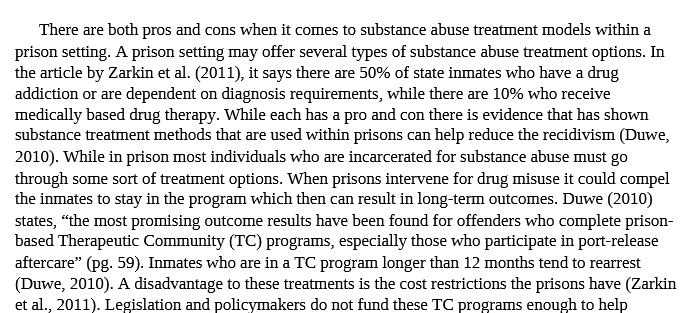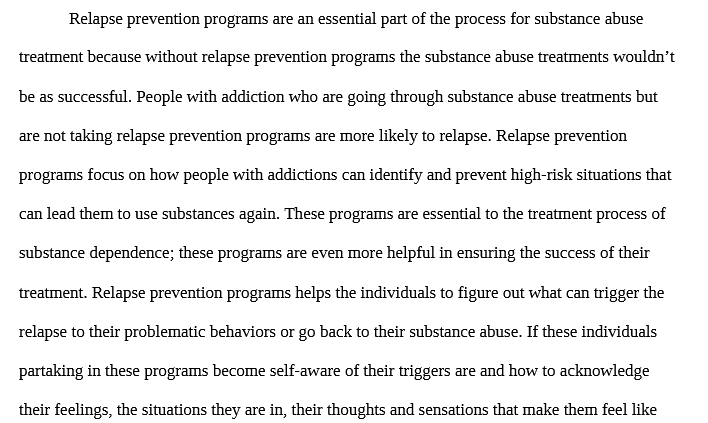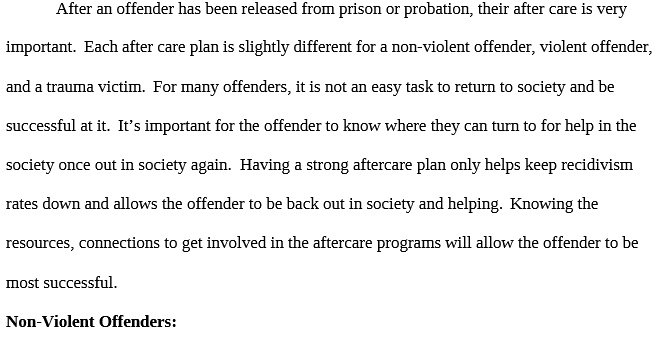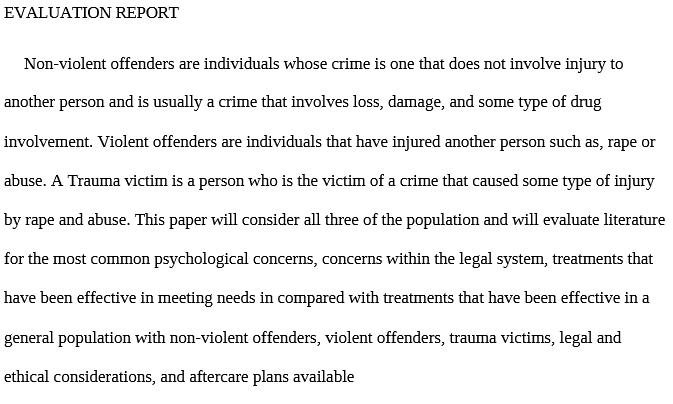3-1 Discussion Comparing Piaget to Vygotsky.docx- Snhu
$3.99
3-1 Discussion Comparing Piaget to Vygotsky.docx- Snhu
In Chapter 6 there are some positive and negative points regarding Piaget and Vygotsky’s theories on cognitive development in early childhood. One difference discussed is the concept of how children learn and develop from the time they are born. Vygotsky felt and strongly believed that the social interaction within the community is a key factor in the developmental stage of a child. Social learning precedes development was the idea behind his theory. Whereas Piaget insisted that development must precede learning. Piaget’s theory states that we cannot learn, and process new skills and information without developing motor reflexes and sensory abilities. On the other hand, Vygotsky felt that children are indeed strongly influenced by their social interactions guided by culture. Both theorists Piaget and Vygotsky shared similar views. They both believed that social interaction between the children plays a pivotal role in the children’s development. Piaget believed that cognitive development is influenced by what is known as social transmission. Social transmission is the transfer of knowledge and culture through social interactions.
Description
3-1 Discussion Comparing Piaget to Vygotsky.docx- Snhu
In Chapter 6 there are some positive and negative points regarding Piaget and Vygotsky’s theories on cognitive development in early childhood. One difference discussed is the concept of how children learn and develop from the time they are born. Vygotsky felt and strongly believed that the social interaction within the community is a key factor in the developmental stage of a child. Social learning precedes development was the idea behind his theory. Whereas Piaget insisted that development must precede learning. Piaget’s theory states that we cannot learn, and process new skills and information without developing motor reflexes and sensory abilities. On the other hand, Vygotsky felt that children are indeed strongly influenced by their social interactions guided by culture. Both theorists Piaget and Vygotsky shared similar views. They both believed that social interaction between the children plays a pivotal role in the children’s development. Piaget believed that cognitive development is influenced by what is known as social transmission. Social transmission is the transfer of knowledge and culture through social interactions.
3-1 Discussion Comparing Piaget to Vygotsky.docx- Snhu
Vygotsky believed that social interaction influences thoughts and language development (Santrock, 2015). Although Piaget and Vygotsky shared similar views, they had noticeable differences. Piaget regarded cognitive development as a process that occurs due to biological maturation and interaction with the environment. Additionally, Piaget viewed language as secondary to action. Vygotsky believed development is a continuous process. He argued that the development of language and thought go together. Also, he believed the origin of reasoning comes from our ability to communicate with others rather than our interaction with the environment. 3-1 Discussion Piaget and Vygotsky’s theories have some similarities; both psychologists had theories on child cognitive development and believed the environment makes an impact on a child’s development.
3-1 Discussion Comparing Piaget to Vygotsky.docx- Snhu
The differences between the psychologist theories are Piaget believes that children learn by assumptions and that they are active learners learning through assimilation and accommodation (Santrock, 2016). Vygotsky maintains that speech is a major tool in development and that children learn through informal experiences with adults (Santrock, 2016). Piaget’s theory is that children cognitively learn through their environment through 4 stages from birth to adolescents. The four stages of Piaget’s theory are sensorimotor, preoperational, concrete operational, and formal operational (Santrock, 2016). Piaget believed that schema plays a big role in the development of children. Schema is a category of knowledge that helps interpret and understand knowledge (Santrock, 2016). An example of Piaget’s theory is a young.
3-1 Discussion Comparing Piaget to Vygotsky.docx- Snhu
- PSY 211 – Lifespan Development (5015 Documents),
- PSY 215 – Abnormal Psychology (4335 Documents),
- PSY 108 – Introduction to Psychology (3759 Documents),
- PSY 223 – Statistics for Psychology Research (2652 Documents),
- PSY 216 – Psychology of Personality (1841 Documents),
- PSY 510 – Research Methods (1748 Documents),
- PSY 520 – Research Methods in Psychology II (1469 Documents),
- PSY 257 – Psychology (1451 Documents),
- PSY 310 – Criminal Psychology (1393 Documents),
- PSY 200 – FOUNDATIONS OF ADDICTIONS (1379 Documents),
Only logged in customers who have purchased this product may leave a review.







Reviews
There are no reviews yet.